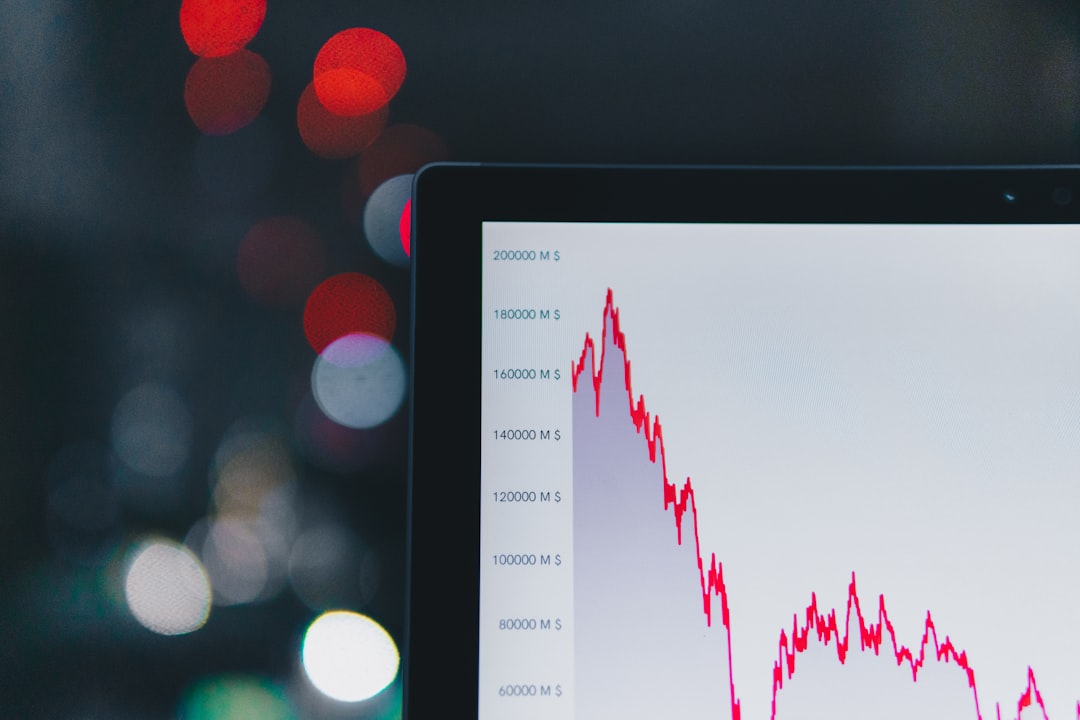
Robinhood Markets Inc (NASDAQ:HOOD) is in talks with European regulators after launching its tokenized equities trading platform in the EU—an initiative that has drawn both investor interest and early criticism from firms like OpenAI.
Robinhood’s new offering allows EU retail investors to trade blockchain-based tokens representing U.S. equities. However, controversy erupted after the company included tokens tied to private firms such as OpenAI and SpaceX in a promotional giveaway. OpenAI quickly responded, warning investors that such tokens do not reflect actual ownership in the company.
The Bank of Lithuania, which oversees Robinhood’s European operations, has asked for clarification on the token structure. CEO Vlad Tenev confirmed the engagement, saying regulators "want to make sure that everything is proper because it’s a new innovative offering."
Tenev added:
“We’re confident. We think that these are not only important, but they’ll withstand the highest form of scrutiny.”
Tokens tied to private companies are not yet tradeable. Robinhood’s legal notice explains that valuations for firms like OpenAI and SpaceX are derived from internal methodologies, not public markets.
The firm is aiming to expand this tokenized equities model to the U.S. and U.K., subject to approvals. Tenev believes the U.S. SEC could authorize such offerings without legislative change, emphasizing:
“The U.S. shouldn’t be far behind.”
Robinhood’s push into tokenized finance marks a major fintech milestone—but it also opens up unanswered questions around investor protection, transparency, and valuation. As EU regulators examine the platform, Robinhood’s ability to scale this innovation globally may hinge on how it navigates these early tests of regulatory trust.